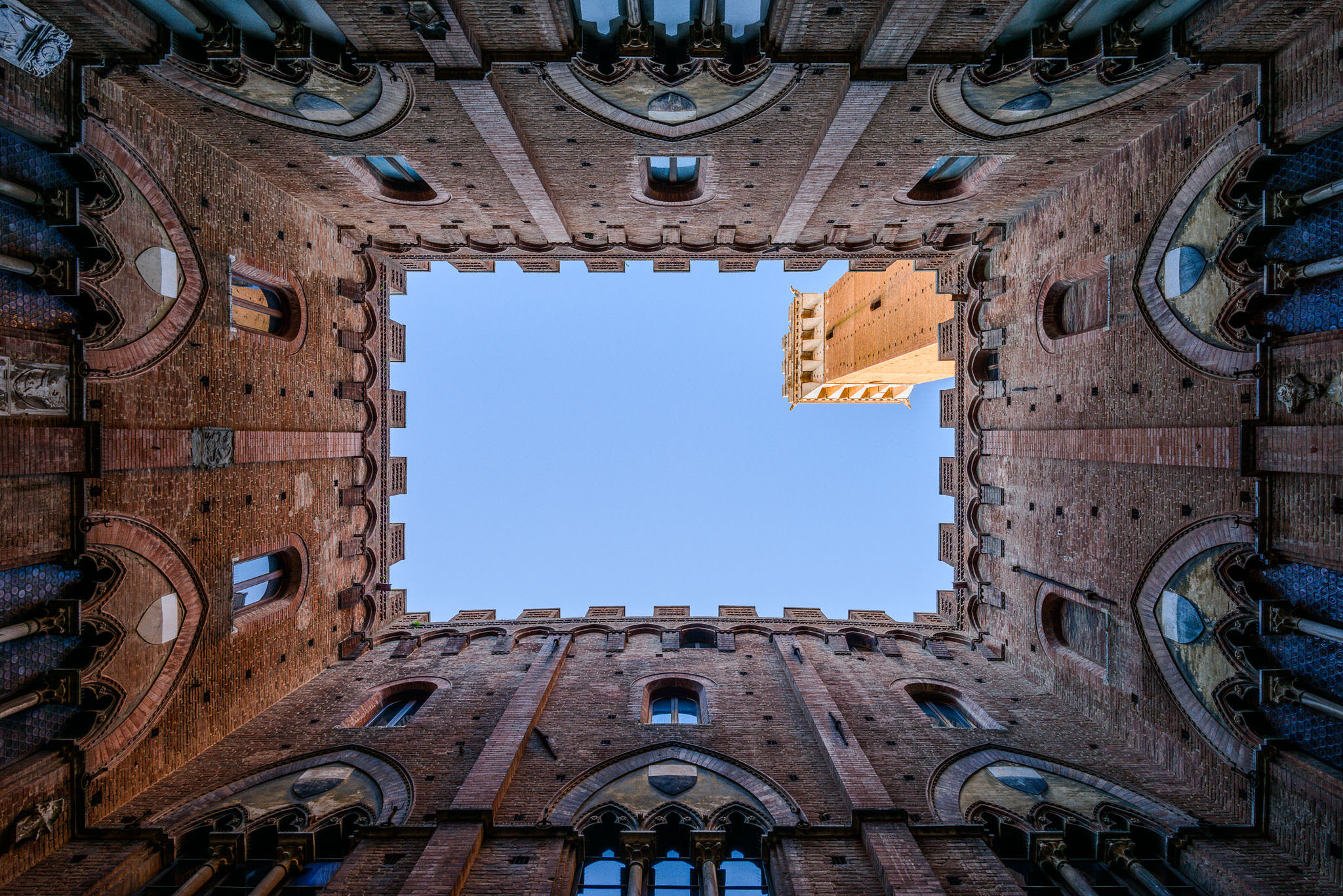Connecting Thoughts and Implementation: Picking the Correct Designer

In the process of transforming your ideas into a beautiful reality, choosing the right architect is one of the key steps you can take. An architect does more than just design; they are the connection between concepts and execution, converting your dreams into workable plans. Whether Restaurant renovation Washington DC are embarking on a fresh construction project, renovating an existing space, or simply looking to explore design options, knowing what qualities to consider when choosing an architect can make all the impact in achieving a successful outcome.
Selecting the best architect requires evaluating key qualities that align with your project’s specific requirements. From creativity and technical skills to communication and project management, the perfect architect will possess a mix of traits that not only resonate with your vision but also promote a cooperative working relationship. Understanding these fundamentals will enable you to make a better decision, ensuring that your investment leads to the realization of your architectural dreams.
Key Qualities of a Great Architect

As you think about the attributes necessary in a prospective architect, one of the most important qualities is exceptional communication skills. General contractor Washington DC must be able to listen to what you envision, translating them into a design that embodies your vision. Open communication ensures that you and the architect are aligned throughout the process, preventing misunderstandings and ensuring that your expectations are met.
Additionally, a key quality is creativity paired with practicality. An architect should know how to think outside the box, coming up with innovative designs that are one-of-a-kind and aesthetically pleasing. However, this creativity needs to be matched with an understanding of functionality and the pragmatic factors of construction. A great architect is skilled in crafting spaces that not only look good but are also livable and efficient.
Ultimately, a robust portfolio is crucial when assessing an architect’s capability. Reviewing previous works can provide a glimpse into their design style, technical skills, and the breadth of their experience. Look for projects that resonate with your desired aesthetic and purpose, as a versatile architect will have successfully tackled a variety of architectural challenges. This gives you confidence that they can handle your specific project effectively.
Important Questions to Ask
When hiring an architect, posing the right questions can significantly affect your project's success. Commence by inquiring about their experience with projects alike to yours. Ask for examples of past work and recommendations from clients who have completed similar projects. Understanding themselves with your specific architectural style and needs can help ensure that they can turn your vision into reality efficiently.
An additional crucial point to explore is their design concept and approach to projects. Question how they prioritize functionality versus aesthetics and how they integrate sustainability into their designs. It is vital to assess whether their design principles match with your own preferences and standards, as this can foster a more seamless collaborative environment throughout the project.
Lastly, don’t disregard the practical aspects of working with an architect. Ask about their commitments, project timeline, and fee structure. It’s important to understand how they handle their workloads and whether they can stick to the timeline you desire. Additionally, discussing how they deal with budget constraints and unexpected challenges will enlighten you into their professionalism and reliability, which will aid you in making a thoughtful decision.
Common Orange Flags To Consider Hiring
As you considering an architect for your project, it's essential to be aware of warning signs that may indicate potential issues. One significant serious flag is lack of communication. If an architect is non-responsive to your inquiries or fails to explain their creative concepts effectively, it can lead to misunderstandings and ultimately influence the success of your project. An architect should be both knowledgeable but also capable to translate ideas into actionable plans while staying you informed throughout the process.
Another issue is a deficiency of relevant experience. If an architect does not have a portfolio that displays projects similar to your needs, it may be a sign they are not qualified for the specific needs. Experienced architects appreciate the subtle details of various project types and have the expertise to tackle the challenges you may face. Always request to see past work to evaluate their expertise and style, ensuring that it corresponds with the vision.
In conclusion, watch for discrepancies or vague information regarding fees and contracts. If an architect is reluctant to provide a defined fee structure or is evasive when discussing project timelines, it could lead to unexpected costs and delays down the line. A reputable architect should be transparent about all aspects of their services, allowing you to make informed decisions without unexpected surprises.
